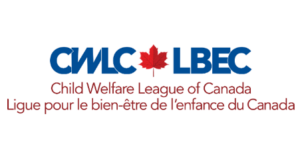Foster parents provide daily care and support for child(ren) and youth placed in their home. They are part of a team which can include biological parents, the child’s worker, resource worker, teachers, doctors and other community partners.
Foster parenting is a proactive commitment to nurture, advocate, and provide unconditional love, meet cultural and religious needs, along with the basic needs for food, clothing and shelter to children and youth who are unable to remain in their home.
Foster parents set consistent guidelines, establish expectations, structure and routine which are the foundations of healthy development for all children and youth. Foster parents allow time to participate in a child’s or youth’s day to day living such as playing and having fun together, continue to maintain family connections, attending to their health care needs, assisting the child or youth with homework, sharing and creating good memories, encouraging and continuing to provide additional opportunities for the foster child or youth to experience activities, and to participate in community programs.
The length of time a child or youth remains with a foster family can vary from a few days to weeks or even years, while working towards the child’s or youth’s permanency.
- What Do Foster Parents Do?
- Who Can Become a Foster Parent?
- What is Involved in Becoming a Foster Parent?
- Who Are Foster Children?
- Types of Foster Care
- Foster Parent Training & Support
- National Foster Family Week
- Learn More about Becoming a Foster Parent
- Children and Youth Who Need Full-time or Relief Foster Families














